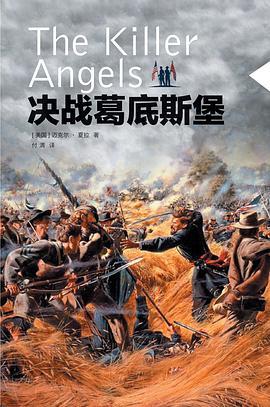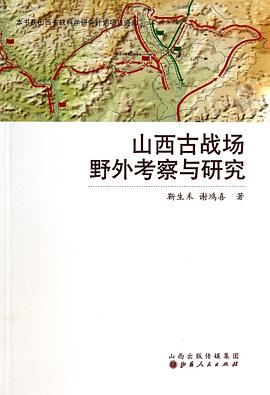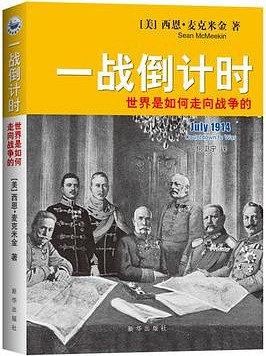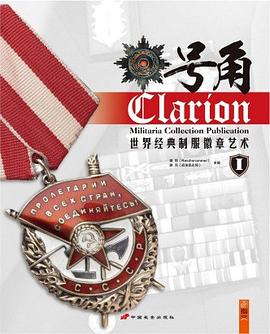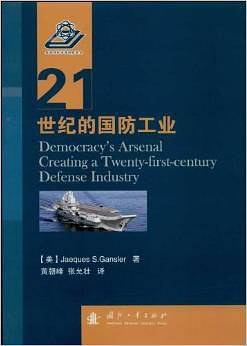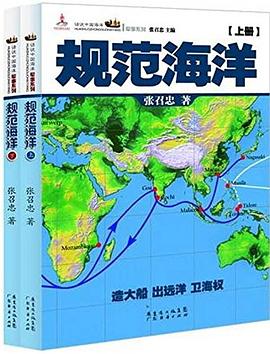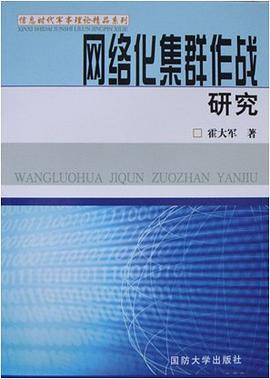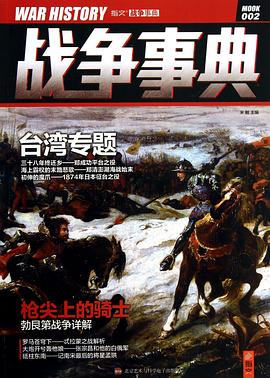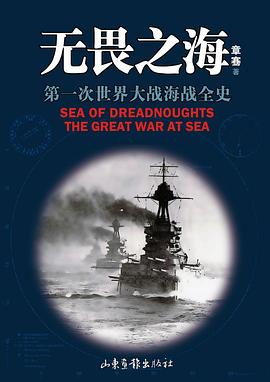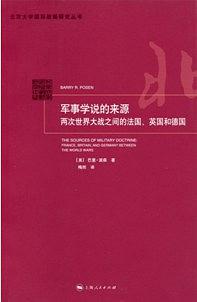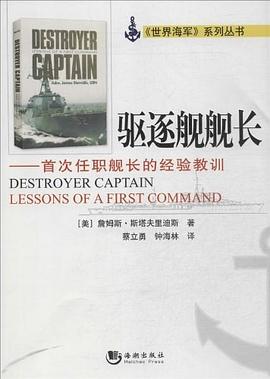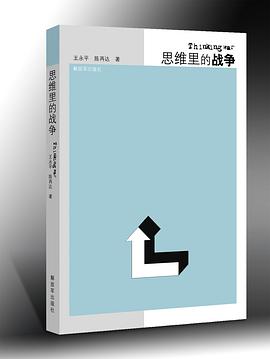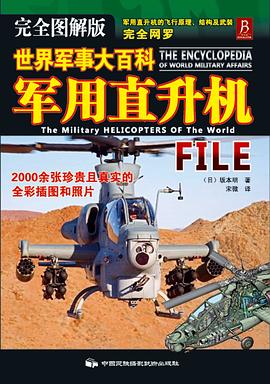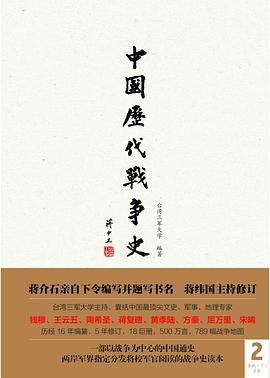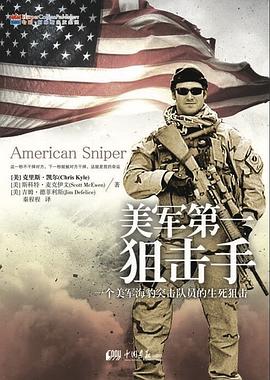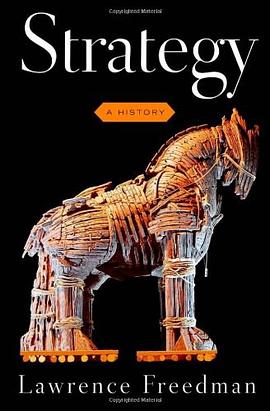

具体描述
In Strategy: A History, Sir Lawrence Freedman, one of the world's leading authorities on war and international politics, captures the vast history of strategic thinking, in a consistently engaging and insightful account of how strategy came to pervade every aspect of our lives.
The range of Freedman's narrative is extraordinary, moving from the surprisingly advanced strategy practiced in primate groups, to the opposing strategies of Achilles and Odysseus in The Iliad, the strategic advice of Sun Tzu and Machiavelli, the great military innovations of Baron Henri de Jomini and Carl von Clausewitz, the grounding of revolutionary strategy in class struggles by Marx, the insights into corporate strategy found in Peter Drucker and Alfred Sloan, and the contributions of the leading social scientists working on strategy today. The core issue at the heart of strategy, the author notes, is whether it is possible to manipulate and shape our environment rather than simply become the victim of forces beyond one's control. Time and again, Freedman demonstrates that the inherent unpredictability of this environment-subject to chance events, the efforts of opponents, the missteps of friends-provides strategy with its challenge and its drama. Armies or corporations or nations rarely move from one predictable state of affairs to another, but instead feel their way through a series of states, each one not quite what was anticipated, requiring a reappraisal of the original strategy, including its ultimate objective. Thus the picture of strategy that emerges in this book is one that is fluid and flexible, governed by the starting point, not the end point.
A brilliant overview of the most prominent strategic theories in history, from David's use of deception against Goliath, to the modern use of game theory in economics, this masterful volume sums up a lifetime of reflection on strategy.
作者简介
Lawrence Freedman has been Professor of War Studies at King's College London since 1982, and Vice-Principal since 2003. Elected a Fellow of the British Academy in 1995 and awarded the CBE in 1996, he was appointed Official Historian of the Falklands Campaign in 1997. He was awarded the KCMG in 2003. In June 2009 he was appointed to serve as a member of the official inquiry into Britain and the 2003 Iraq War. Professor Freedman has written extensively on nuclear strategy and the cold war, as well as commentating regularly on contemporary security issues. His most recent book, A Choice of Enemies: America Confronts the Middle East, won the 2009 Lionel Gelber Prize and Duke of Westminster Medal for Military Literature.
目录信息
读后感
战无不胜的美国在越南却大大吃了个败仗。 战争始于越南内战,对阵双方是胡志明领导的越南共产党和吴庭艳领导的亲美政权。 二战结束后,冷战开始。美国的首要“安全威胁”是共产主义的力量。为避免红色力量在越南取得胜利,从而导致“多米诺骨牌效应”,美国不惜向越南派兵援助...
评分英国著名史学家、伦敦国王学院教授劳伦斯•弗里德曼素来以军事史写作闻名。《战略:一部历史》是他的突破之作。该书围绕着“战略”一词延展发散,思维开阔,涉及到历史的方方面面。书写“战略”的过程,就是建构大历史的过程。 战略是一部演化史。如同弗朗斯•德瓦尔...
评分1.战略不同于战术。我觉得罗胖子说的对,战略就是围棋,战略的目的在于找到下一个平衡点。 2.孙子兵法教我们的就是要以强胜弱。就算是以少胜多,也是局部优势以强胜弱的集合。 3.战争摩擦力这个点值得多阐述。 4.看这个书的时候正好新冠在闹腾。知道自己是在战时还是平时太重要...
评分这是一部简明的策略思想史,每个部分(主题)可视作以经线划分的板块,每个小节可视为散布在某经纬度上的节点或景点,章节内的文字就是导游词了——若干的策略思想从何而来,其背后的构建意图,以及它们的意义是如何随时间变化的……尽管有时候听上去像是拿着风景快照来讲演。 ...
评分1.战略不同于战术。我觉得罗胖子说的对,战略就是围棋,战略的目的在于找到下一个平衡点。 2.孙子兵法教我们的就是要以强胜弱。就算是以少胜多,也是局部优势以强胜弱的集合。 3.战争摩擦力这个点值得多阐述。 4.看这个书的时候正好新冠在闹腾。知道自己是在战时还是平时太重要...
用户评价
An exemplary work of academic writing, in terms of conceptualization and operationalization, and framing. 然而听得并不走心
评分写军事策略、政治策略(包括民权运动、工会斗争等)和商业策略。我原以为自己会最喜欢军事策略部分,结果发现,现代军事策略已经发展到非常抽象的程度,远远beyond我这种扶手椅军事家了。。。政治和商业策略的部分都非常精彩
评分战略入门。当然Freedman此书讲的是广义战略。首先是战略的三大起源,然后是军事战略,然后是政治战略、商业战略。还包括战略研究方法的讨论,主要是对社会科学方法弊端的讨论。观点很清楚,结构也很清楚,很好看。当然,如果没有一定的战略史和战略思想史基础,没有政治学的基础(我说的是西方政治学),看这个会很头疼。
评分战略入门。当然Freedman此书讲的是广义战略。首先是战略的三大起源,然后是军事战略,然后是政治战略、商业战略。还包括战略研究方法的讨论,主要是对社会科学方法弊端的讨论。观点很清楚,结构也很清楚,很好看。当然,如果没有一定的战略史和战略思想史基础,没有政治学的基础(我说的是西方政治学),看这个会很头疼。
评分材料宽广深厚,古典,神话,战争,革命,政治,商业,塞在700多页的篇幅,如同用体重使劲关上的行李箱,难免有些堆砌和晦涩。 作者广博毫无疑问,也有实践经历(顾问英国马岛战争)。但不认同作者的某些观点,如其对孙子的观点,认为冲突方如果均采用孙子战略,则会一直处互相比划迷惑而不交手的信号状态;这是一种静态教条的狭隘认识。 瑕不掩瑜,极大开阔了视野,仍然5分。
相关图书
本站所有内容均为互联网搜索引擎提供的公开搜索信息,本站不存储任何数据与内容,任何内容与数据均与本站无关,如有需要请联系相关搜索引擎包括但不限于百度,google,bing,sogou 等
© 2025 book.quotespace.org All Rights Reserved. 小美书屋 版权所有


